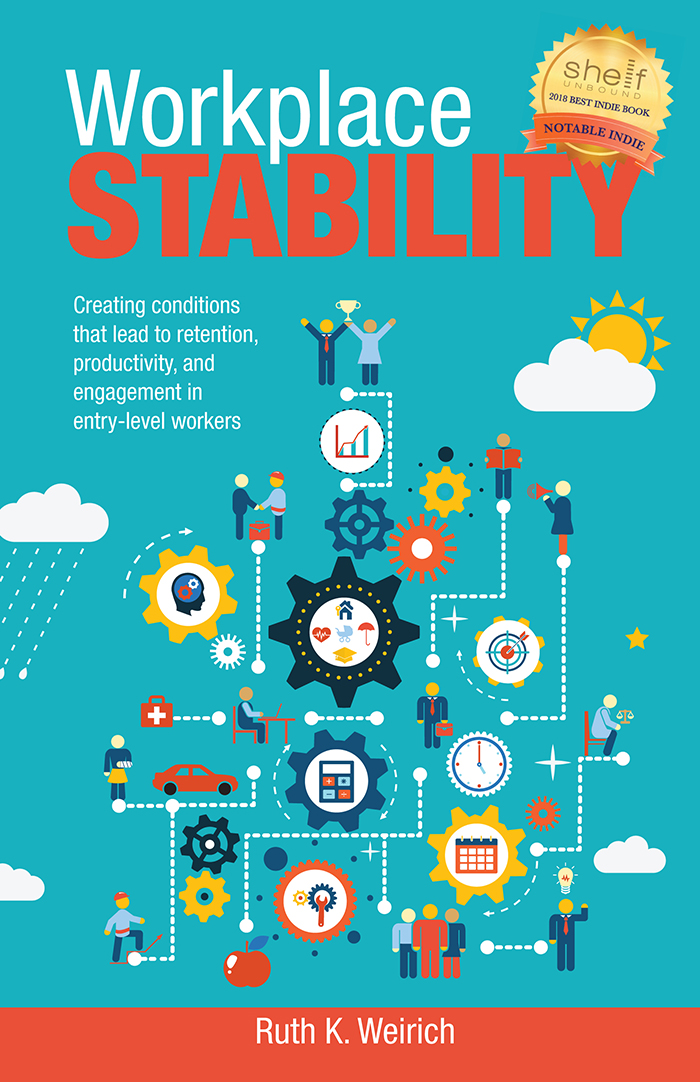 Unconscious bias about economic class often surfaces in the workplace. Your brain is on autopilot and operates based on how you grew up. Mindsets, habits, patterns, opportunities, and experiences are all shaped by the environment in which we experience our lives.
Unconscious bias about economic class often surfaces in the workplace. Your brain is on autopilot and operates based on how you grew up. Mindsets, habits, patterns, opportunities, and experiences are all shaped by the environment in which we experience our lives.
Survival, achievement, and connections are also important. Can you live without a credit card and checking account? Can you move in one day? Do you understand the difference between the principal, interest, and escrow payments on a mortgage statement? The more we have experienced, the more versatile we are, and the more we can contribute in the workplace.
One place unconscious bias might surface in the workplace is childcare. Daycare centers are charging one dollar per minute when a parent is late picking up a child. If you are a parent making $10 an hour, are you going to leave work to pick up your child at the designated time? Or will you stay late when the supervisor asks? A work environment that doesn’t take these difficult employee choices into account creates absenteeism and tardiness, breaks workflow, and reduces productivity.
Learn more about economic class environments to create more stability within your workforce. By understanding the environment that we grew up in and the environment our coworkers come from, we can develop better relationships and have less turmoil amongst ourselves. There are 11 resources that each of us have. By understanding the resources of our employees, we can work shoulder-to-shoulder to grow our resources.
You can learn more about building the 11 resources for employees in my book Workplace Stability.









